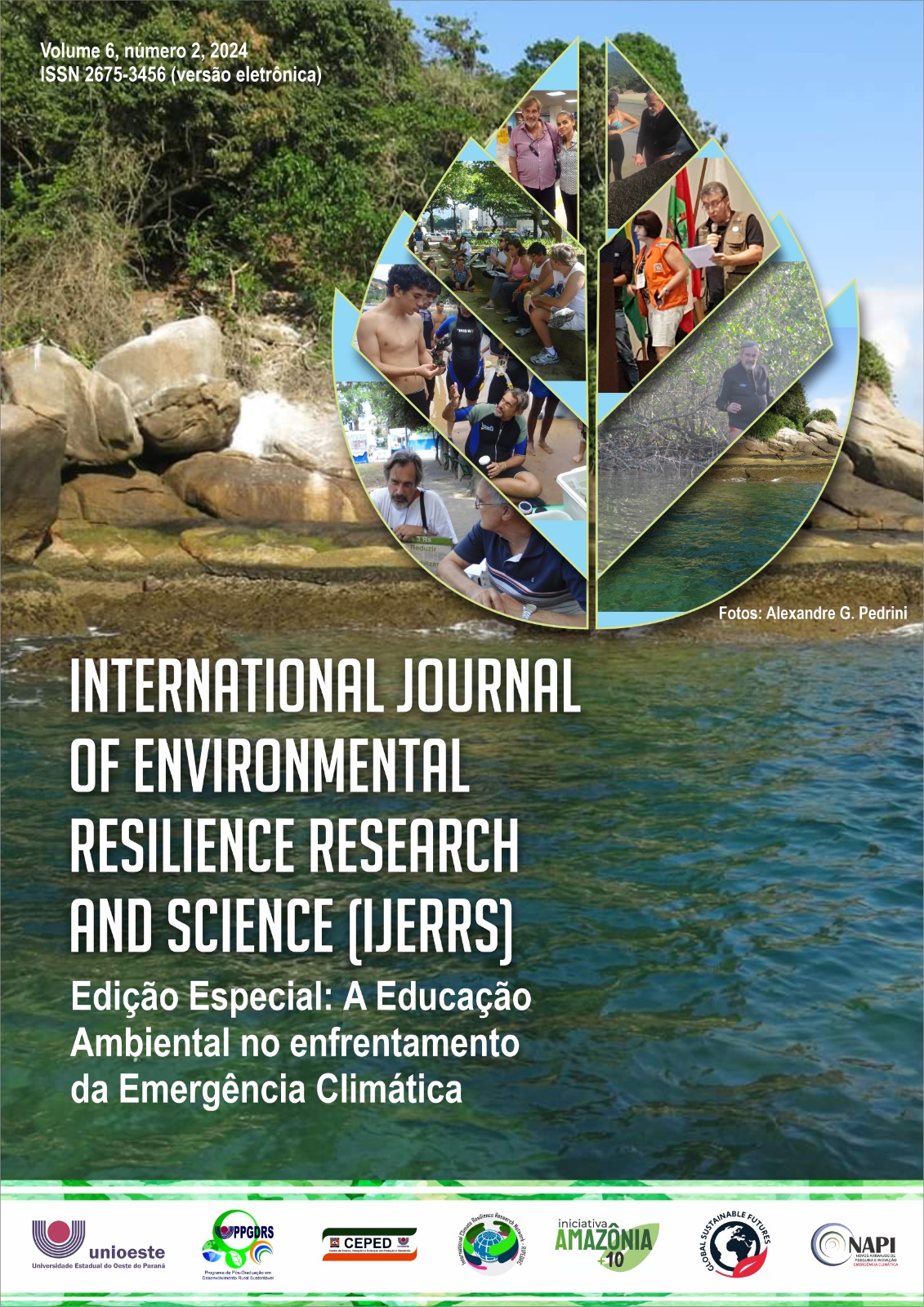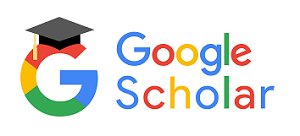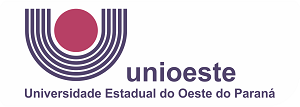Ocean Literacy and Metabolic Rift Theory for Addressing the Effects of the Marine Ecological Crisis
DOI:
https://doi.org/10.48075/ijerrs.v6i2.33476Abstract
Abstract: Natural resources are used by society to produce goods and this proceeding mediated by human work which transforms nature. This process is called social metabolism and is expressed differently throughout history. In the capitalist mode of production, the exchange value subsumes use value and nature is modified on a scale beyond its reproduction capacity, establishing a metabolic rift that expands to different environments, including the marine. Ocean Literacy (OL) – understanding the human influence on the oceans and the influence of the oceans on human society – aims to contribute to overcoming the ecological crisis in the ocean, however, it is focused on a logic that ranges from the Enlightenment to post-modern perspectives. In the present work, it is proposed that OL incorporates the theory of metabolic rift in order to be able to organize society to face the challenges related to oceanic issues such as acidification, extinction of biodiversity, overfishing, etc. Finally, a case study of the “Onda Cultural’” (Cultural Wave) educational initiative of the “Laboratório de Genética Marinha e Evolução” (Marine Genetics and Evolution Laboratory) at Universidade Federal Fluminense (Rio de Janeiro, Brazil) is presented in its attempt to incorporate this theory into its OL practices and activities in public schools.
Key Words: Oceanic crisis. Metabolic rift. Social metabolism. Estate schools.
Downloads
Published
How to Cite
Issue
Section
License
Copyright (c) 2024 International Journal of Environmental Resilience Research and Science

This work is licensed under a Creative Commons Attribution-NonCommercial-ShareAlike 4.0 International License.
Aviso de Direito Autoral Creative Commons
Política para Periódicos de Acesso Livre
Autores que publicam nesta revista concordam com os seguintes termos:
1. Autores mantém os direitos autorais e concedem à revista o direito de primeira publicação, com o trabalho simultaneamente licenciado sob a Licença Creative Commons Attribution que permite o compartilhamento do trabalho com reconhecimento da autoria e publicação inicial nesta revista.2. Autores têm autorização para assumir contratos adicionais separadamente, para distribuição não-exclusiva da versão do trabalho publicada nesta revista (ex.: publicar em repositório institucional ou como capítulo de livro), com reconhecimento de autoria e publicação inicial nesta revista.
3. Autores têm permissão e são estimulados a publicar e distribuir seu trabalho online (ex.: em repositórios institucionais ou na sua página pessoal) a qualquer ponto antes ou durante o processo editorial, já que isso pode gerar alterações produtivas, bem como aumentar o impacto e a citação do trabalho publicado (Veja O Efeito do Acesso Livre).
Licença Creative Commons
Esta obra está licenciada com uma Licença Creative Commons Atribuição-NãoComercial-CompartilhaIgual 4.0 Internacional, o que permite compartilhar, copiar, distribuir, exibir, reproduzir, a totalidade ou partes desde que não tenha objetivo comercial e sejam citados os autores e a fonte.









